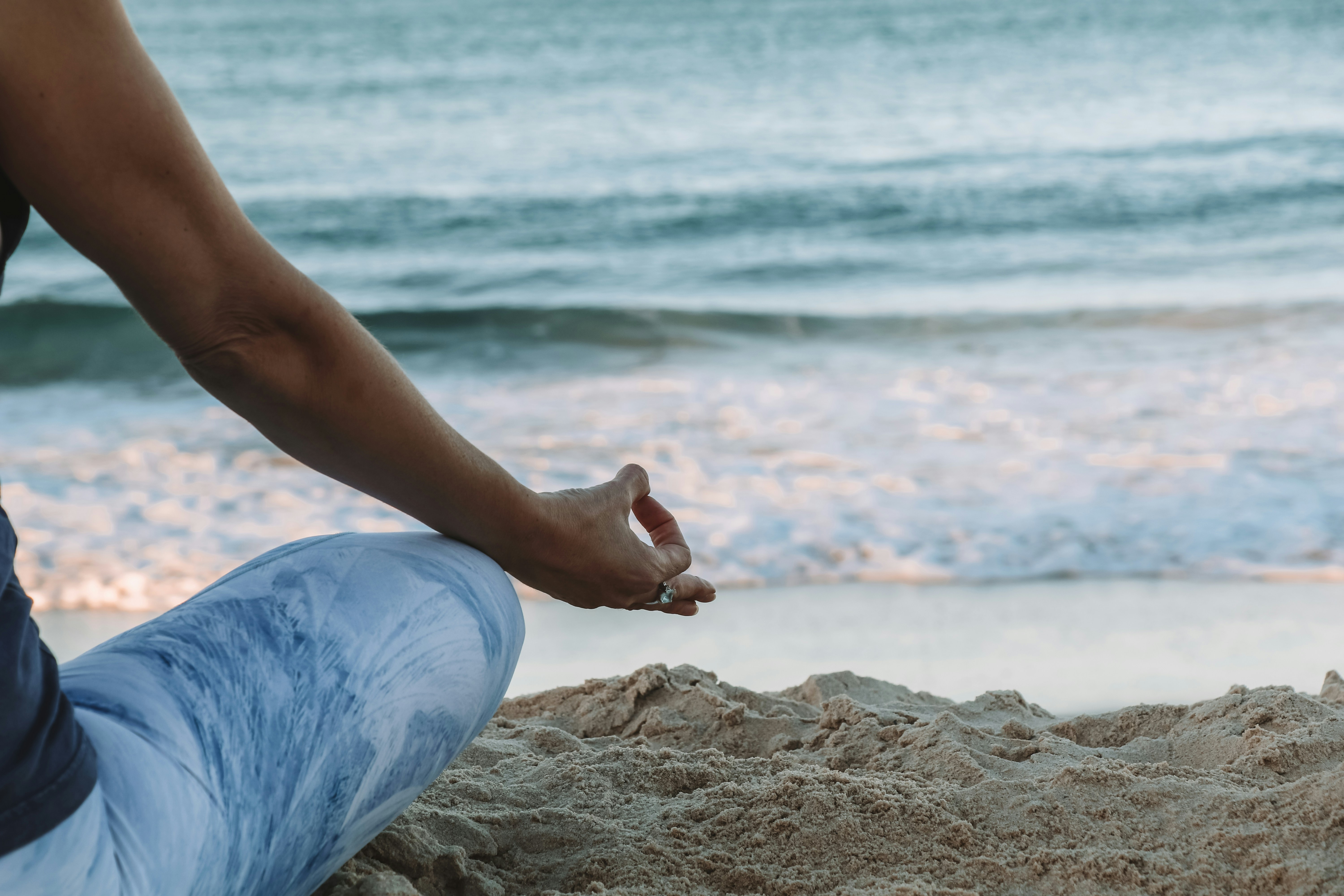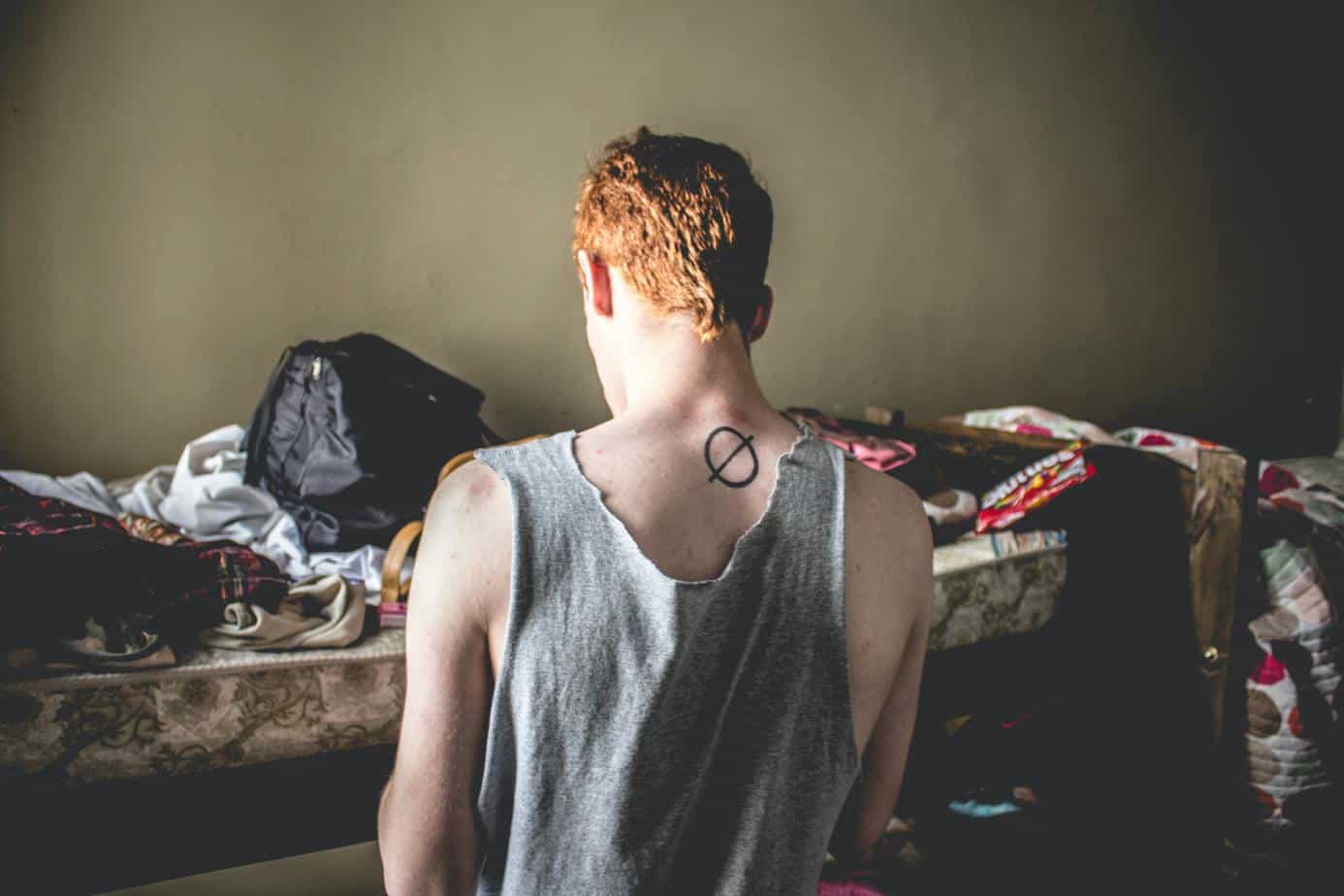In May 2008, I was mentally and physically defeated. Surrounded by conflict –both internal and external – I came to the realization that I no longer wanted to continue living the life I was living.
There were many things that happened over the course of three days that made it clear that the path I was on was leading me to death’s door. The one thing that stands out the most during that time was when I was sitting face to face with my future. Staring into the eyes of a women I never met before, not knowing her name, how we came to be in the same room but only had one thing in common: drugs. I don’t know exactly how old she was, but to me, she looked like she was 100 years old. She signified my fate. A future that was dark and bleak. It was that moment that put into motion my will to survive.
Choosing recovery seemed to be the best and only option I had. Changing wasn’t easy. It meant I had to unlearn most of what I had believed to be true about myself and the world for most of my life.
It’s been over 11 years now since I began my transformation, and since we are celebrating Recovery Month, I thought I would share with you what I have learned so far on my journey.
1. Let go of anyone or anything that isn’t serving you
In early recovery, this meant I had to stop talking to or hanging around people who ultimately led me back to drinking and drugging. I gave up my friends, my home, and my career to choose a better life for myself. This meant wiping the slate clean, starting from the ground up.
Today, this still holds true. Throughout my journey, I have found that sometimes I outgrow people and what I need changes from day to day. I focus on the positive and what helps me evolve.
2. Get comfortable with being uncomfortable
I had the worst social anxiety. When faced with a room full of people, I would feel as if I was crawling out of my own skin. I threw myself into that discomfort with the hope that it would eventually go away. I made commitments, attended get-togethers, and sat through the discomfort, all of it. I began to feel comfortable with myself, and the uneasiness gradually faded away.
To this day, I still embrace what I fear. I know on the other side of that uneasy feeling is growth, and that is always reassuring.
3. Tears are essential for washing away the uncertainty and confusion in your head
To say that I hated crying is an understatement. And for some reason, when I put down the substances, it was as if the flood gates had opened. My life was unraveling, and with it came emotions I didn’t understand or know how to identify. I learned to sit with it and to embrace what I was feeling. Slowly, over time, I began to understand what I was feeling and realized that it was all part of the growth and change that happens in early recovery. Numbing out what is going on never solves the problem.
There have been times throughout my 11-plus years of recovery that I have allowed myself to unravel. This is a normal part of being. I love myself in this space now and honor it. Sometimes, you just have to let it all out to move forward.
4. Throw yourself into the middle of the group
Throwing myself into the middle of the pack was key to keeping me clean. Staying connected and close to others in the room, being involved in the group, and allowing others to get to know who I am helped keep me rooted in recovery. Supporting others and giving back took me outside of myself. It kept me accountable and made it nearly impossible to hide my truths.
Making sure that I stay connected to friends and family each day has helped keep me grounded. It has given me a sense of belonging and the feeling that I am part of something much bigger than myself.
5. Focus on yourself
It was so easy in my early years of recovery to get lost in other people’s problems. I was so wrapped up in the lives of my friends, family, and sponsees that I forgot to focus on what really needed mending: me! I worried about everyone to the point where I couldn’t separate their lives from mine. It took me nearly having a breakdown and being riddled with anxiety to realize that I had to stop.
Putting the focus on myself is at the top of my list. Taking care of my mental and physical well-being is essential to living my best life and reaching my potential. Today, I maintain healthy boundaries and am able to see that what everyone else is doing with their lives does not directly affect my world. I can be a support and nothing more.
6. Be honest, no matter how difficult it may be
In the beginning, it was so hard to admit my truth. I was so uncomfortable sharing what was really going on inside my head. I was afraid of being judged. I had to learn that in order for me to stay clean, that speaking my truth was essential. If I wanted to or thought of using, I had to share about it. I began to work on my steps with a sponsor and slowly was able to bring my secrets to light.
In order to continue to live my life freely, I must live my life in a way that is honest. I can no longer keep things to myself. Letting those closest to me know what is going on with me – no matter what – is important.
7. Keep building in recovery, layer by layer
It was simple in early recovery. I filled my extra time with meetings, commitments, and sober gatherings. I had to keep it simple. The basics of recovery were layered into every fabric of my life. Everyone I hung around with and all of the functions that I went to were guided by recovery.
As time went on, I knew I needed more. The meetings are still vital to my ongoing recovery, but building on my efforts was important if I wanted to continue to grow and evolve. Anything I can do for my growth I do, from meeting with a life coach, trainer, therapist, or women’s empowerment group to going to the gym, meditating, doing yoga, traveling, and reading self-help books. I add or subtract layers when needed, and I am always looking for new ways to safeguard my well-being. You can never do too much for your recovery.
8. Perfection is unattainable
I wanted everything to be perfect in early sobriety. I wanted to do recovery the right way, make my outside appearance just so, have self-confidence, be the best at work and at home. What I did not understand was that striving to get everything “just so” was impossible. I had no idea how to live, but thought that I should be able to put down the drugs and alcohol and everything would just snap back into place. This idea created a lot of stress and made my life unmanageable. I had to learn that perfection is an illusion.
Today, I embrace my imperfections. I look at them as opportunities to grow and strive to be a better human. I know now that I will never come to a place where I have nothing more to learn. Evolution is ongoing; it doesn’t end.
9. No feeling lasts forever
Feelings all came rushing back in early recovery. I had no coping skills to help ease them and had a difficult time identifying what it was exactly that was going on. It felt like I was going to be stuck in a perpetual cycle of anger and sadness forever. There were a lot of ups and downs, highs and lows. I had to remind myself that feelings subside. That there is no feeling that has ever lasted for eternity.
Today I am aware that I can’t always be happy. That it is okay to just sit and feel. There is no easy way around the ebb and flow of life. Some days, joy is my constant companion, and some days, I just embrace the not-so-good stuff knowing that it will pass.
10. There is beauty in all things
Once the drugs were out of my system, I began to see the beauty of life. Rather than being upset when I heard the birds chirp, I began to enjoy them. I could see hope in the stories that were being shared. I was able to be present in the day, learning to laugh and enjoy the simple things.
Every day, I take a moment to reflect and look for the beauty. I go beyond the surface of self and know that I am connected to everything and everyone.
11. Let the love in
Love. To say that I hated myself 11 years ago would be an understatement. I had no idea how to love myself. My self-esteem was nonexistent. I looked outside of myself to fill a void with relationships, shopping, food, and fitness. I kept reaching for things, hoping they would make me better. Over time, I was able to let my walls down and let people see the core of the real me. They would say to me “Let me love you, until you can love yourself,” and I would think, “Why would anyone love me?” How could that be possible after all of the pain and destruction that I had caused? I didn’t understand it. But it was through the love of others that I began to clear away the wreckage of my past. Slowly, I began to forgive myself. Through forgiveness, I was able to take care of myself in a healthy way, which led me to start loving myself.
Today, I wholeheartedly embrace who I am. I can look in the mirror and not turn away; that is such a gift. I am aware of my worth and live each day as my truest, most authentic self. Love broke down my walls. Love made me stronger. Loving myself has been the ultimate reward of recovery.
Life’s lessons are ongoing. Applying what I learn has been essential to my continued recovery. Self-discovery is vital, and I don’t ever want to stop learning about myself. I am so far away from the person I was 11 years ago, and next year I will be so far away from the person who is writing this today. What a journey it has been so far. Each year, each day brings new revelations and I look forward to meeting my future self.
If you or a loved one is struggling with addiction, Mountainside can help.
Click here or call (888) 833-4676 to speak with one of our addiction treatment experts.

 By
By 







